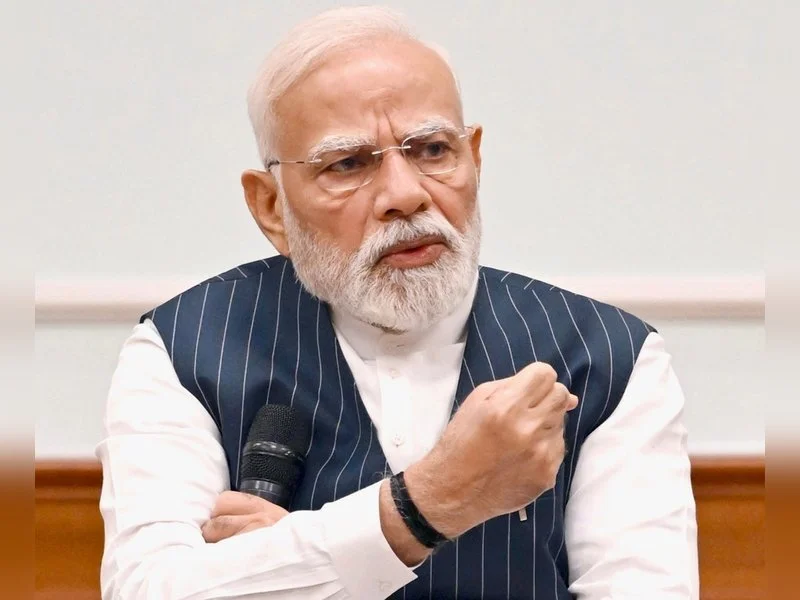Now Reading: New IRCTC Ticket Rules from October 1: Aadhaar Authentication for Early Bookings
-
01
New IRCTC Ticket Rules from October 1: Aadhaar Authentication for Early Bookings
New IRCTC Ticket Rules from October 1: Aadhaar Authentication for Early Bookings

From October 1, Indian Railways will introduce a new rule for booking general train tickets on the IRCTC platform. For the first 15 minutes after the booking window opens, Aadhaar authentication will be mandatory. The step is aimed at curbing misuse and ensuring that genuine passengers get fair access to tickets. The change is expected to impact millions of travellers, particularly in smaller cities where trains remain the most affordable transport option.
Why the Change Was Introduced
IRCTC’s ticket booking system often faces a rush in the first few minutes after windows open, especially for general category tickets. Many complaints have emerged about touts and automated software blocking tickets in bulk, leaving regular passengers stranded. Aadhaar-based authentication is being seen as a way to reduce this problem and bring more transparency.
Impact on Passengers
For passengers with Aadhaar-linked accounts, booking during the initial 15 minutes should become smoother. However, those without Aadhaar verification will have to wait until after the window opens fully. This may cause inconvenience to some, especially in rural and Tier 2 cities, but officials argue it will ultimately benefit genuine travellers.
Concerns and Challenges
The move has raised questions about accessibility for people who either do not have Aadhaar or struggle with online authentication due to connectivity issues. Digital literacy gaps in smaller towns could also make the transition difficult. Authorities will need to ensure that awareness campaigns and support systems are in place to avoid excluding passengers.
Relevance for Smaller Cities
Cities like Nagpur, Kanpur, and Patna, where railway travel is a lifeline for students, workers, and families, will feel the direct impact of this rule. If successful, the system could reduce black-marketing of tickets and make the booking process fairer, ensuring that more seats are available to those who genuinely need them.
Conclusion
The new IRCTC ticket booking rule marks a significant step towards making train reservations more transparent and efficient. While it may bring initial challenges, especially in smaller cities, the long-term aim is to protect passengers from exploitation and improve access to one of India’s most essential modes of travel.

























